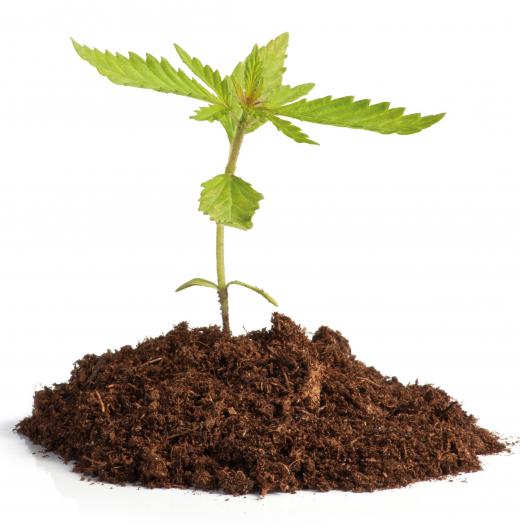Natural raw materials are any resources that are found in nature and that will be used to make manufactured goods. There are many different types of raw materials that are regularly used in this manner, including rocks and minerals, plants, oil, natural gas, and animal products. After these materials are collected and before they are processed, they are considered natural raw materials.
Some of the most common natural raw materials are used as fuel. Crude oil and natural gas are both mined from the ground, where they have been created naturally over thousands or even millions of years. Once crude oil is extracted, it is refined into a number of energy sources, including gasoline.

Other natural raw materials are extracted from the ground as well. Minerals, such as gold and silver, and stones, such as alabaster, marble and slate, are all raw materials that can be used for a variety of purposes. In many cases, these types of materials can be pulled out of the earth intact, though some require special processing to remove them from the other stones in which they are embedded. Gemstones and even simple rock that can be used for gravel are also natural raw materials that are mined from the earth.

Paper producing plants and trees are also natural raw materials. Trees can be used for lumber or mulched to be used as tan bark or paper, and plants such as papyrus can also be used to create paper products. These materials are in their raw state before they are processed into products, though sheets of rough lumber or bags of garden mulch can still be considered raw materials. Some plant and animal products can also be used to make textiles. Wool, which is hair that has been shaved off a sheep, cotton, hemp, and other textile plants can all be farmed and used to make fabric.

Any material that comes from the earth and can be processed into a useable product is a natural raw material, but many people use the term natural to designate a product that is environmentally friendly. This can mean that the material was harvested sustainably or that it was collected without damaging the ecosystem. It is also possible for the term natural to have the opposite meaning, referring to raw materials that come from natural settings, such as old growth forests, which cannot be harvested sustainably.
